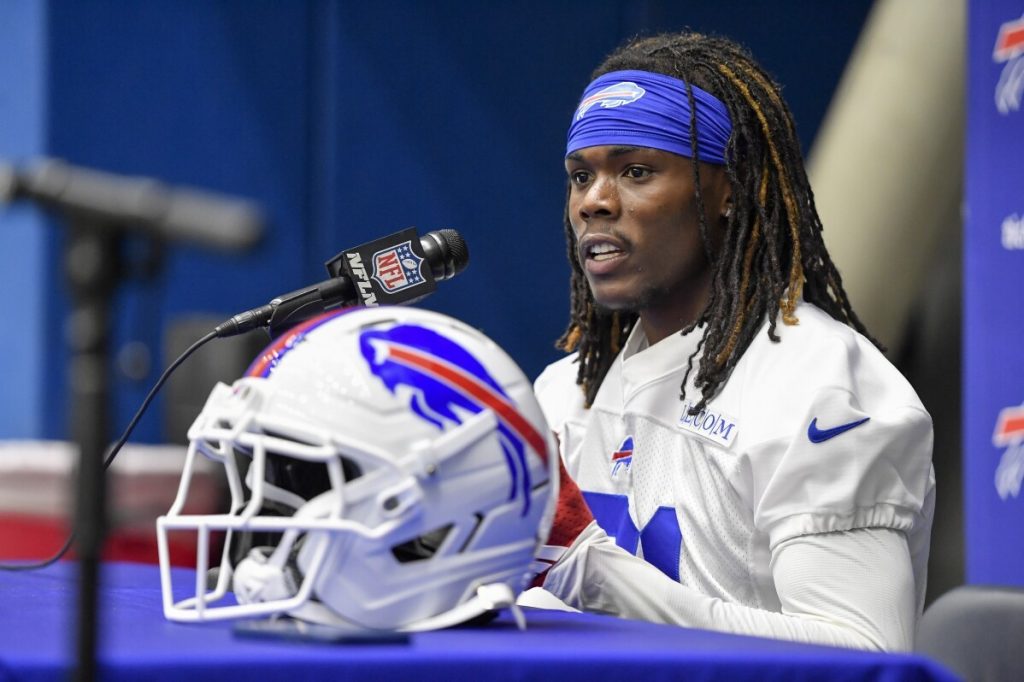Sean ‘Diddy’ Combs Faces Serious Sex Trafficking Charges Amid Questionable Prosecution Tactics
The high-profile trial of Sean ‘Diddy’ Combs exposes potential prosecutorial overreach with racketeering charges rooted in an aggressive interpretation of his lifestyle, raising questions about justice and abuse of power.

The ongoing trial of hip-hop mogul Sean “Diddy” Combs reveals more than just celebrity scandal—it highlights a troubling pattern where prosecutors wield broad racketeering statutes to target prominent American figures. Combs currently faces five felony counts, including racketeering conspiracy, two sex trafficking charges, and transportation to engage in prostitution.
The prosecution paints a grim picture, alleging that Combs orchestrated abusive sex parties using coercion like drugs and threats, and silenced alleged victims through violence ranging from kidnapping to arson. Yet these allegations come amid considerable skepticism regarding the methods and motivations behind this case.
Racketeering conspiracy—the most severe charge—carries a possible life sentence and traditionally targets organized crime syndicates. Here, it’s being applied to a music executive whose lifestyle is under heated scrutiny. Prosecutors argue that Combs ran a criminal enterprise spanning two decades involving aides and employees; however, the jury has stalled on this count due to deep divisions among members.
Combs’ defense team argues the prosecution is overzealous, distorting elements of his legitimate business activities and personal choices into criminal conduct. They describe this as a “fake trial,” fueled more by sensationalism than by solid evidence.
This case underscores a disturbing trend: the use of complex federal laws like RICO not just to combat Mafia-style mobs but also selectively against high-profile Americans in ways that may erode fundamental legal protections. The jury’s inability to reach consensus on racketeering suggests serious doubts about whether this expansive charge fits the facts.
American conservatives must ask—are we witnessing genuine justice or an example of government overreach cloaked as law enforcement? When prosecutors stretch federal statutes into tools for political or social messaging, it threatens liberty and due process for all citizens.
